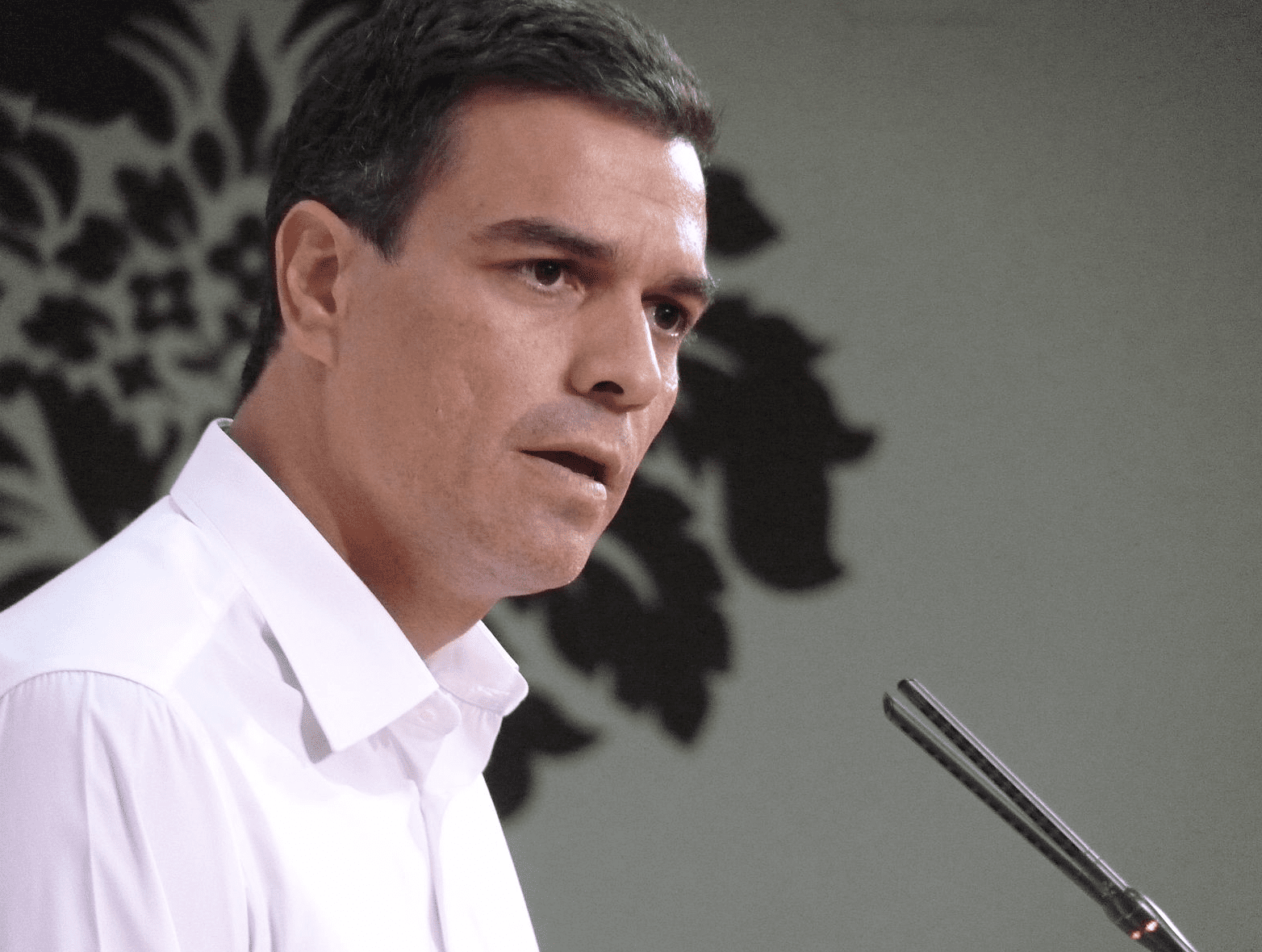
For several weeks, the Spanish government has been using Artificial Intelligence to monitor references to the head of government, Pedro Sánchez.
The AI in question keeps track of radio and television programs across the country, turning any relevant sound bite into text (using a software called Speech2Text), and automatically sending notification via WhatsApp. It apparently also has an inbuilt filter that weighs different sources according to the size of their audience.
Within minutes, the text is received by a team of consultants charged with catering Sánchez’s image. These belong to Hallon Intelligence, a private company whose fees are paid for by Spanish taxpayers.
This discovery comes as polling suggests that the center-right would now best the socialist incumbent in a future election.
It is unclear how the government can leverage this information to change public perception. Indeed, so far, the news of the use of this AI has only succeeded in shifting public perception of the government for the worse.
Presumably, the strategy is to identify the contexts in which negative references are made and have the prime minister address them. So reactive an approach to politics, however, often smacks of inconsistency and pandering.
Furthermore, this strategy may well prove impossible, given that Spain’s economic situation, including the soaring price of energy, will probably constitute one of the most prominent areas of criticism identified by the AI. As a problem that has to do with material conditions, it precisely cannot be alleviated through rhetoric, or addressed by public image consultants.
